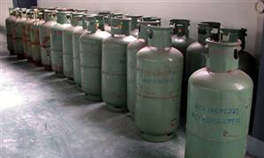Global report on human settlements 2009: planning sustainable cities
Planning Sustainable Cities reviews recent urban planning practices and approaches, discusses constraints and conflicts therein, and identifies innovative approaches that are more responsive to current challenges of urbanization.





